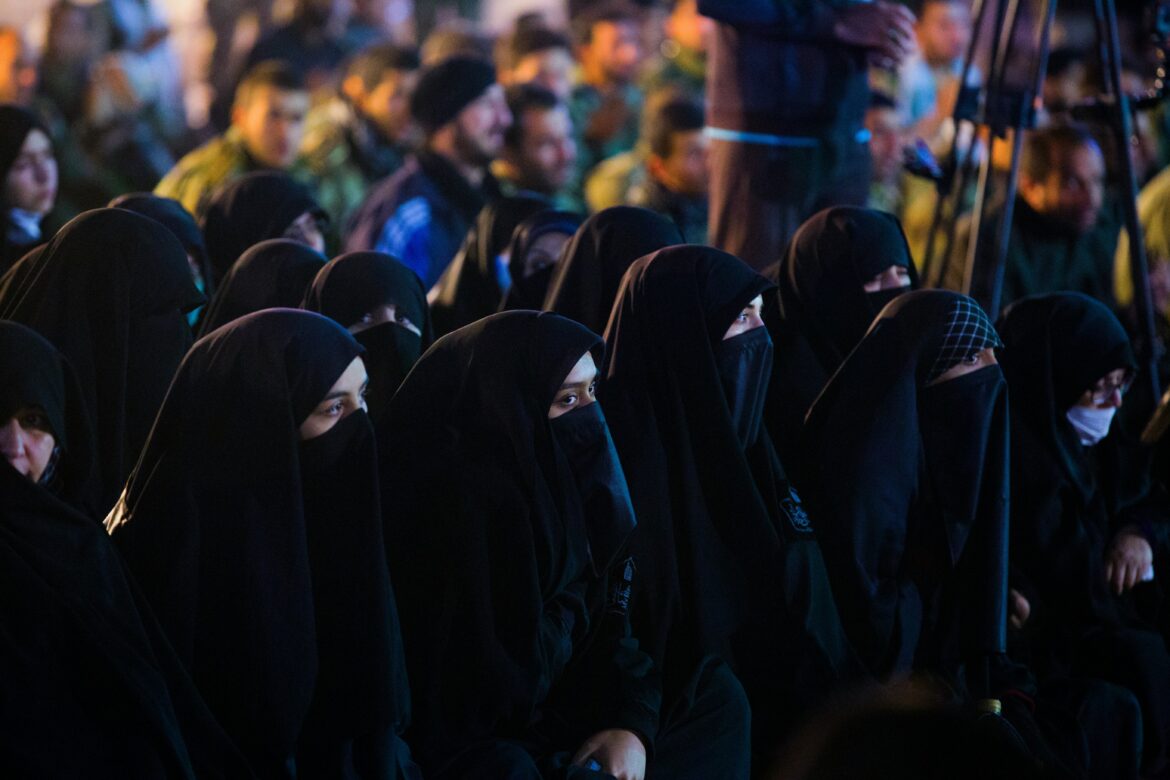Introduction:
Islamophobia is a pervasive issue that affects Muslims globally. Combating Islamophobia requires a multifaceted approach involving education, community action, and personal resilience. This article explores effective strategies to counter Islamophobia and build a more inclusive society.
Role of Education in Combating Islamophobia:
Education is a powerful tool in dismantling stereotypes and misconceptions about Islam. Schools, universities, and community organizations can offer programs that promote understanding and tolerance. Incorporating Islamic history and contributions to society into curriculums can foster a more inclusive perspective.
Community Action and Initiatives:
Grassroots initiatives play a crucial role in combating Islamophobia. Organizing interfaith dialogues, cultural exchange programs, and public awareness campaigns can bridge gaps and foster mutual respect. Community leaders should also advocate for policies that protect against religious discrimination.
Impact of Personal Stories:
Sharing personal stories and experiences can humanize the Muslim community and challenge negative stereotypes. Platforms such as social media, blogs, and public speaking engagements allow Muslims to share their narratives and connect with a broader audience.
Conclusion:
Combating Islamophobia requires a collective effort from individuals, communities, and institutions. Through education, community action, and sharing personal stories, we can work towards a more inclusive and understanding society. Unity and resilience are key to overcoming the challenges posed by Islamophobia.

